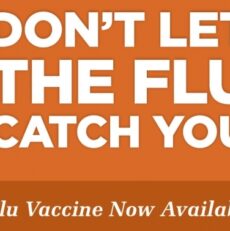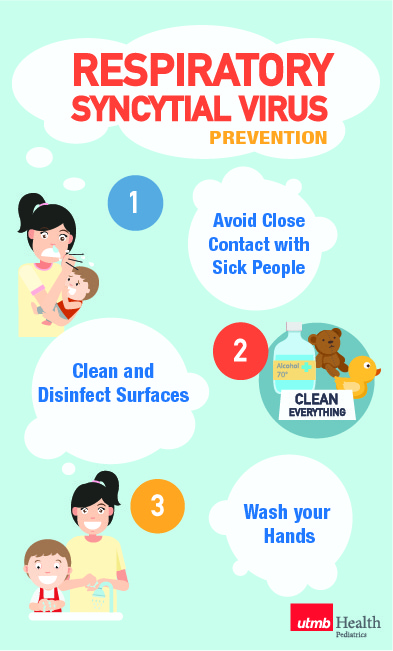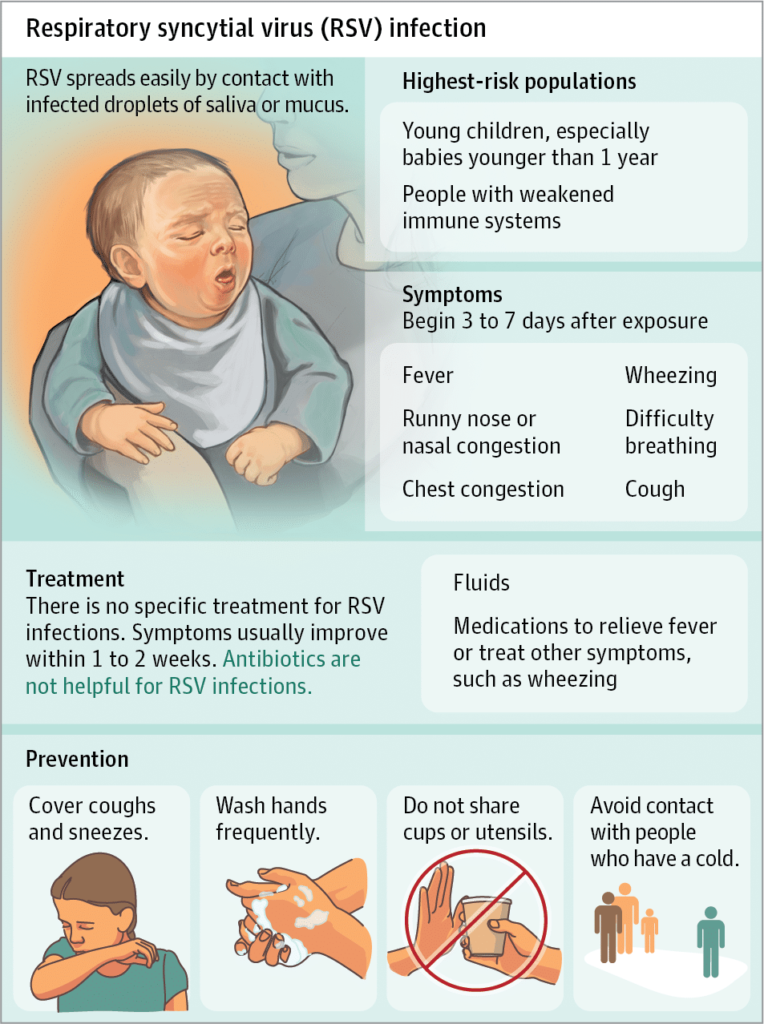
June 13, 2025
FLU Vaccine – Why? and When?
These days we have seen lots of babies suffering from fever cough and cold and I have often found people asking if its COVID 19? Well, these days we have seen increase in no of cases of Fever cough and cold which is mainly due to RSV – Respiratory Syncytial Virus.
This virus is major cause of respiratory illness in children and may mimic symptoms of COVID – 19 which can be worrisome to parents. Respiratory syncytial virus (RSV) causes infections of the lungs and respiratory tract. It’s so common that most children have been infected with the virus by age 2. Respiratory syncytial (sin-SISH-ul) virus can also infect adults.

For most babies and young children, the infection causes nothing more than a cold. But for a small percentage, infection with RSV can lead to serious, sometimes life-threatening problems such as pneumonia or bronchiolitis, an inflammation of the small airways of the lungs. RSV can cause severe infection in some people, including babies 12 months and younger (infants), especially premature infants, older adults, people with heart and lung disease, or anyone with a weak immune system (immunocompromised).
Signs and symptoms of respiratory syncytial virus infection most commonly appear about four to six days after exposure to the virus. In adults and older children, RSV usually causes mild cold-like signs and symptoms. These may include:

RSV infection can spread to the lower respiratory tract, causing pneumonia or bronchiolitis — inflammation of the small airway passages entering the lungs. Signs and symptoms may include:
Infants are most severely affected by RSV. Signs and symptoms of severe RSV infection in infants include:
Most children recover in one to two weeks, although some might have repeated wheezing. Severe or life-threatening infection requiring a hospital stay may occur in premature infants or in anyone who has chronic heart or lung problems.

Because RSV and coronavirus disease 2019 (COVID-19) are both types of respiratory viruses, some symptoms of RSV and COVID-19 can be similar. In children, COVID-19 often results in mild symptoms such as fever, runny nose and cough.
Having RSV may lower immunity and increase the risk of getting COVID-19 — for kids. And these infections may occur together, which can worsen the severity of COVID-19 illness.
If you have symptoms of a respiratory illness, your doctor may recommend testing for COVID-19.
Seek immediate medical attention if your child — or anyone at risk of severe RSV infection — has difficulty breathing, a high fever, or a blue color to the skin, particularly on the lips and in the nail beds.

No vaccine exists for respiratory syncytial virus. But these lifestyle habits can help prevent the spread of this infection:

Leave a comment